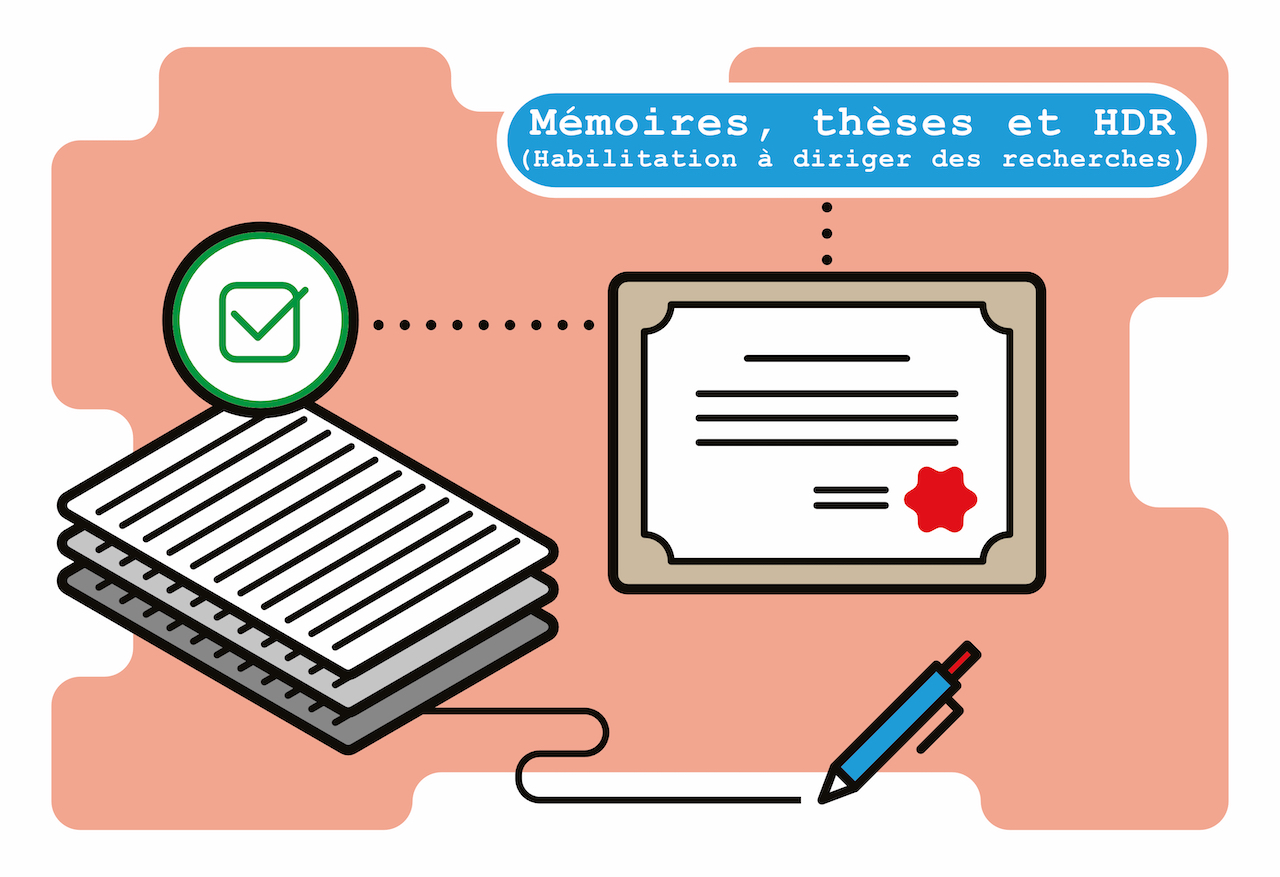Home guards ("unités territoriales", UT) in the Algerian War Les unités territoriales (UT) dans la guerre d'Algérie
Fiche du document
16 mai 2024
- ISIDORE Id: 10670/1.19b859...
- NNT: 2024PA01H022
- tel: tel-04914750
info:eu-repo/semantics/OpenAccess
Mots-clés
Algeria War Decolonization 1954-1962 Army Civilians Home guard France Algérie Guerre Décolonisation 1954-1962 Armée Civils Unités teritoriales (UT) FranceSujets proches
GuerreCiter ce document
Samuel André-Bercovici, « Les unités territoriales (UT) dans la guerre d'Algérie », HAL SHS (Sciences de l’Homme et de la Société), ID : 10670/1.19b859...
Métriques
Partage / Export
Résumé
De la fin de 1955 au début de l’année 1960, les unités territoriales comptent parmi les acteurs de la guerre d’Algérie. Elles sont constituées par la mobilisation d’hommes recrutés localement et assurant un service limité à quelques jours par mois. Le recrutement des unités territoriales en fait des unités composées en très grande majorité d’Européens d’Algérie. Cette thèse se propose d’étudier, avec des outils d’histoire sociale, comment le choix de les mobiliser participe à inscrire la guerre dans le quotidien de la société algérienne de la fin des années 1950. Acteurs du conflit, les territoriaux constituent une des voies de militarisation de la société algérienne en guerre. Cette approche permet d’offrir de nouvelles voies pour appréhender l’histoire politique et militaire de la guerre d’Algérie. En tant que partie du dispositif militaire français, l’activité des unités territoriales a pour conséquence de réaffirmer un clivage colonial face aux contestations et à l’insurrection menée par le FLN. Ce travail explore donc les voies d’élaboration de ce dispositif entre circulation à l’échelle impériale et adaptations à la situation coloniale. A mi-chemin entre statuts civils et militaires, les territoriaux sont aussi un groupe qui est traversé par des engagements. Au fil de la guerre s’engage une politisation des unités territoriales : aux dynamiques propres à la société des Européens d’Algérie s’ajoutent les interventions des services de l’action psychologique d’une part, l’activisme subversif des mouvements Algérie-française d’autre part. La participation à des mobilisations – les Barricades d’Alger en 1960 sont les plus connues – appelle à restituer les dynamiques politiques de la société algérienne en guerre à partir de l’engagement, ou non, de territoriaux dans celles-ci.
